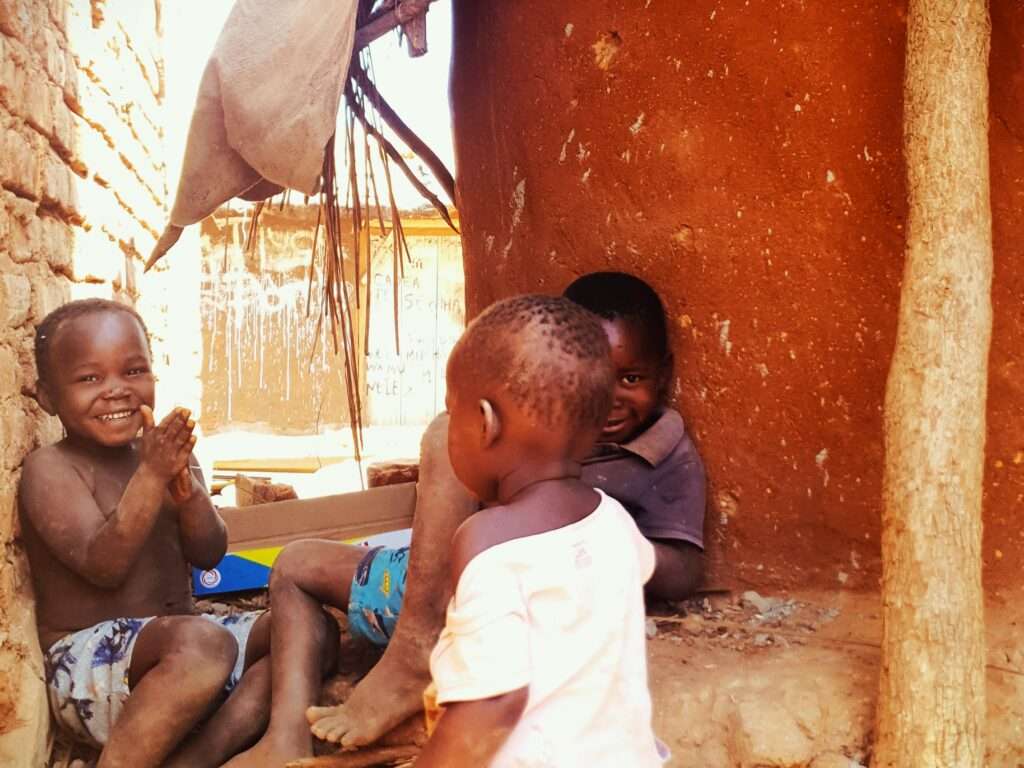MFF Research, Benga, Village of the Future:
Logbook, week 3: Epistemological Shock
The first few days I arrived in Benga, I met a child who must have been about three years old. To my surprise, she had a condom in her mouth that she was trying to fill with air as if it were a balloon. This child must have picked up a condom from the ground (I deduced without thinking too much).
So, driven by shock, I tried to tell the child to let go of the balloon in an idiotic paternal instinct. But the child must have been watching a guy with a strange figure who spoke a language she didn’t understand, so she ran off (terrified) and I followed until I saw her go inside a house without dropping the condom.
I didn’t chase the child any more, I stopped there. I thought that inside the house an adult would pay attention to the crying child and notice the condom she was carrying. With a sense of fulfilment, I continued on my way.
A few days later, my neighbour was offering condoms to children from the window of his stall. I realised from their gestures that it wasn’t the first time they’d asked for this ‘toy’ that gave them so much joy.
It was then that I realised what had happened that day. Unlike my neighbour who offered a toy, I was the villain who tried to take the toy away from the child, and the only reason I hadn’t imagined that the condom could have no other use than the one prescribed by the inventors is my perception. It’s the result of a socio-cultural construction that that child didn’t have (in his innocence).
This way of looking at condoms also worked for mosquito nets, which once unused were used as small fences or took on other multiple functions that they were able to recreate for different things.
From then on, I began to observe more carefully and act less pretentiously; to speak less and less (essentially reducing myself to questions); I took notes so I wouldn’t forget, and so, implicitly, I was seduced by the place and the research began before I was aware of it.
Later, I realised that this episode was peripheral to something even deeper, that the context I came from had systematised me with fragmented, one-dimensional perceptions (in the manner of René Descartes), producing a culture as rigid as our orthogonal cities (the result of Euclidean geometry, which has been more than mathematically proven incapable of representing all dimensions of reality).
Benga suggested I look at things as something with the potential for more than what they were made for, integrating more possibilities than I was prepared to realise. This place made me transcend.
The unimaginable is that we don’t have the basic images with which to compose new images. That’s what this research suggests, proposing local references with the potential to transcend, to create new perspectives.



